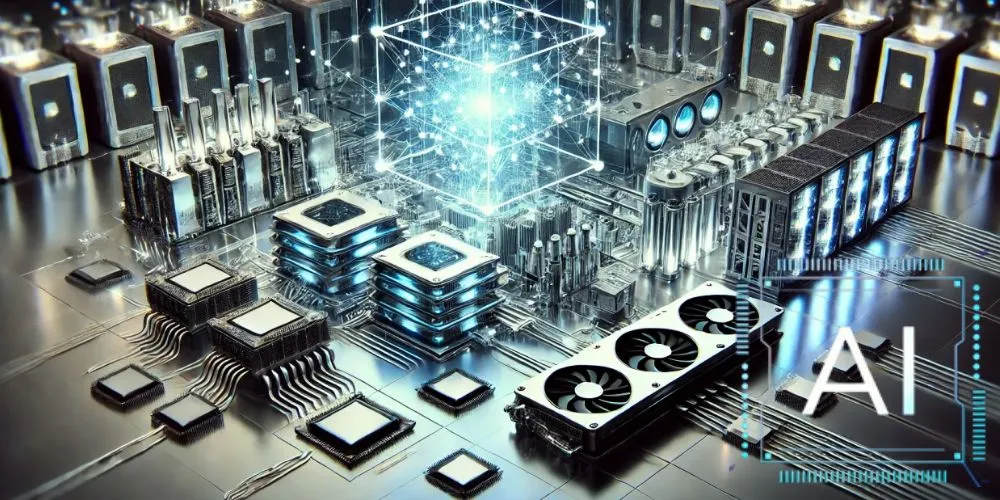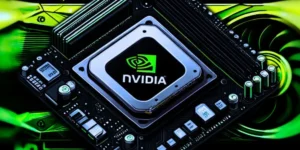Artificial Intelligence (AI) is revolutionizing nearly every technology sector, and hardware design is no exception. From automating chip design to enhancing system efficiency, AI is reshaping modern hardware development. As hardware demands increase, AI-driven innovations enable faster, more efficient, and optimized solutions. The question is no longer whether AI will impact hardware design but how deeply it will transform the industry.
AI-Driven Chip Design and Manufacturing
AI is already playing a critical role in designing next-generation processors. Companies like Google, NVIDIA, and Intel leverage AI to optimize chip layouts, power consumption, and performance. AI-powered tools can analyze millions of design possibilities, dramatically reducing the time and cost of semiconductor development. This means that future chips will be more powerful, energy-efficient, and tailored to specific workloads, thanks to AI’s ability to automate and refine complex processes.
Enhancing Hardware Performance and Optimization
AI is also improving the efficiency of existing hardware. Features like dynamic power management, predictive cooling, and workload balancing allow AI to optimize performance in real-time. For example, AI-driven cooling systems in data centers adjust fan speeds based on predicted heat output, reducing energy consumption. Similarly, AI-assisted overclocking and tuning in gaming PCs ensure maximum performance without stability issues.
AI and the Future of User-Centric Design
Traditionally, hardware design has been a one-size-fits-all approach. However, AI allows for adaptive and personalized hardware experiences. Future laptops, desktops, and even peripherals may use AI to adjust settings based on user behavior. This could mean automated brightness adjustments, predictive battery management, or even keyboards that adapt to typing patterns, making devices more innovative and user-friendly.
AI in Autonomous Hardware Development
One of the most exciting prospects is AI designing hardware for AI. As neural networks become more complex, they require specialized hardware like AI accelerators and neural processing units (NPUs). AI-driven design will push the boundaries of computational efficiency, leading to specialized chips that maximize AI performance while minimizing power consumption.
Conclusion
AI is set to redefine hardware design by making it faster, more efficient, and highly optimized. AI proves its indispensability in the industry, from chip manufacturing to real-time performance tuning. As AI continues to evolve, its role in shaping the future of hardware will only grow, ensuring that devices become more intelligent, efficient, and better suited to user needs.











